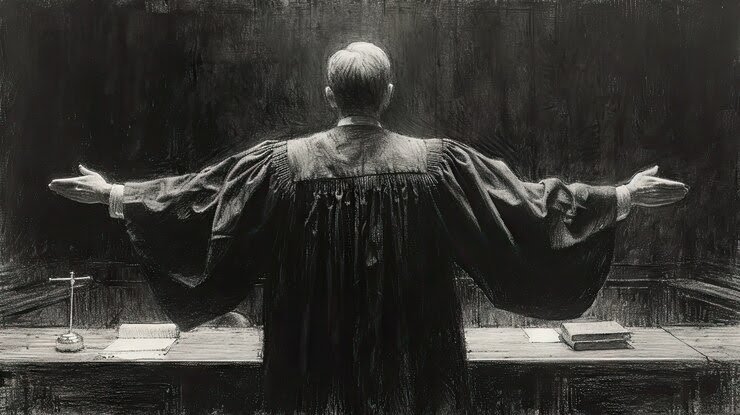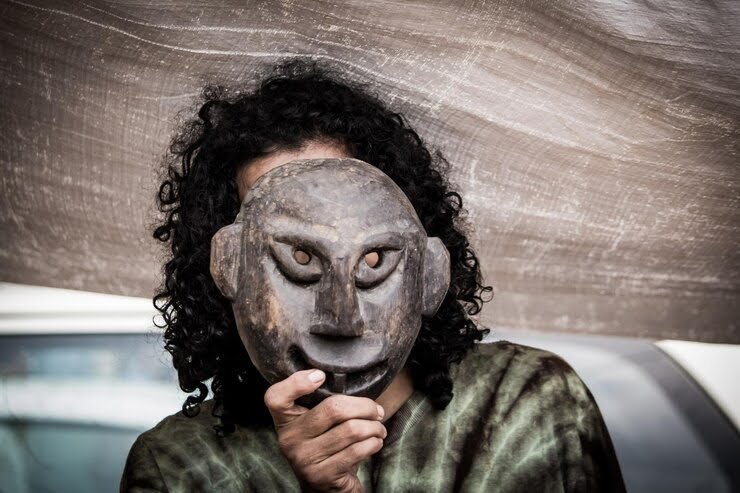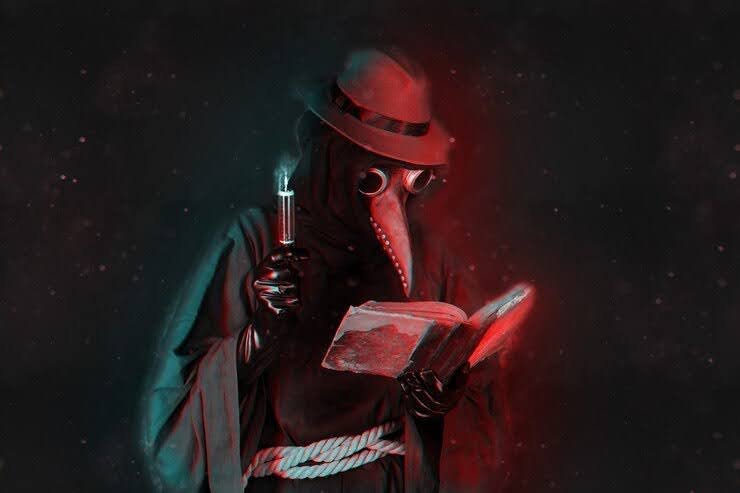
It’s not something we hear every day, but every now and then, a case involving a religious cult pops up in the news. For many Singaporeans, the term “cult” might bring to mind sensational headlines or foreign documentaries.
But what happens if such a group is operating here? Is it legal? What if someone you know is involved? In this guide, we break down everything you need to know about the penalties and legalities of religious cults in Singapore. In other words, so you’ll know your rights, what’s allowed, and when to speak up.
What Exactly Is A Religious Cult?

When we hear the term “religious cult,” different images come to mind; some think of isolated communes, others recall groups that claim to have a divine leader. But in Singapore, there isn’t a formal legal definition for a “cult.” Instead, the word is typically used in everyday conversation to describe a group that follows unusual or extreme spiritual beliefs, often centred around a single charismatic figure or rigid ideology.
What sets cults apart from mainstream religious organisations is often not the belief itself, but how it’s practised. Many of these groups demand unwavering loyalty, discourage outside contact (including with family), and may use psychological pressure or emotional manipulation to control members. In some cases, financial exploitation and even physical harm have been reported.
However, it’s important to understand that a group can be controversial or unpopular without being illegal. The legal line is crossed when such groups start engaging in harmful conduct, like coercion, fraud, abuse, or incitement of violence. That’s when the authorities step in.
So while Singapore is home to a wide range of religious beliefs, any group that causes harm to its members or to the public, regardless of its spiritual claims, may come under legal scrutiny.
What Laws Might Apply To Cult Activities?
Although Singapore doesn’t outlaw religious cults by name, the law does provide clear frameworks to act against harmful behaviour, especially when a group’s actions threaten public safety, exploit individuals, or disturb social harmony.
Here are some of the key legal provisions that might apply:
- The Penal Code: Cult members or leaders may be charged for offences such as cheating, wrongful confinement, assault, criminal intimidation, or even causing hurt, especially if psychological or physical harm is inflicted.
- The Maintenance of Religious Harmony Act (MRHA): This law empowers the Government to step in when a group or individual is seen as stirring up hostility between religious communities. A restraining order may be issued to prevent further inflammatory acts or speech.
- The Societies Act: Religious groups must register with the authorities. If a cult is operating secretly, or if its aims are deemed prejudicial to public peace, it may be declared unlawful and disbanded.
- Children and Young Persons Act: If a cult targets children, engages in emotional or physical abuse, or isolates minors from their families, there could be severe legal consequences. The state places a strong emphasis on child protection.
- The Protection from Harassment Act: Emotional manipulation, threats, or online shaming tactics used by cults can also fall under harassment, especially if they cause fear, distress, or anxiety.
Can Someone Be Investigated Just For Joining A Cult?
Being part of a religious group, even an unusual one, is not illegal by itself. But if that group’s activities are unlawful, or you assist in something that breaks the law, you could be investigated or charged.
For example, if a cult encourages members to donate large sums of money under false promises, the authorities may investigate for cheating or coercion. Simply attending meetings, however, may not necessarily lead to prosecution, unless you were involved in illegal acts.
What Should You Do If You Suspect Someone You Know Is In A Cult?

It’s a tough position to be in, especially if the person seems withdrawn, emotionally affected, or financially exploited. If you believe someone is in danger or being manipulated, you can:
- Speak to them gently, without judgment.
- Encourage them to seek help from trusted family, religious leaders, or professionals.
- Report suspicious behaviour to the authorities, especially if you believe laws are being broken or harm is being caused.
Conclusion About The Legalities And Penalties Of Religious Cult In Singapore
Singapore may not define “religious cults” outright, but the law is clear when it comes to harmful behaviour. While having alternative beliefs isn’t illegal, any actions that put others at risk, financially, emotionally, or physically, can bring about serious legal consequences. If you’re unsure about a group or need advice on a specific case, reach out to those who understand the law inside out.
Tembusu Law has a team of the best criminal lawyers in Singapore ready to guide and represent you. Whether you need to protect yourself, a loved one, or seek justice, we’re here to support you with clarity, care, and confidence.
Contact us today to get started.
Frequently Asked Questions About The Legalities And Penalties Of Religious Cult In Singapore
What Is Considered A Religious Cult In Singapore?
There is no legal definition, but it generally refers to unorthodox groups centred on specific beliefs or leaders. Legal action is based on harmful actions, not labels.
Is It Illegal To Join A Religious Cult?
No, it’s not illegal to join a group based on belief alone. But if the group engages in unlawful activity, members can be investigated or charged.
What Happens If A Cult Is Found Breaking The Law?
The group or its leaders may face fines, jail terms, or restraining orders depending on the nature and seriousness of the offences.
Can Religious Cults Operate In Singapore Legally?
Yes, as long as their practices do not threaten public safety, breach laws, or exploit others.
How Can I Report A Cult In Singapore?
You can lodge a police report or approach the Ministry of Home Affairs if you suspect illegal activity or harm to others.
Can Someone Be Prosecuted For Donating Money To A Cult?
Not for donating per se, but if the donation was obtained through fraud, manipulation, or coercion, the group may face charges.